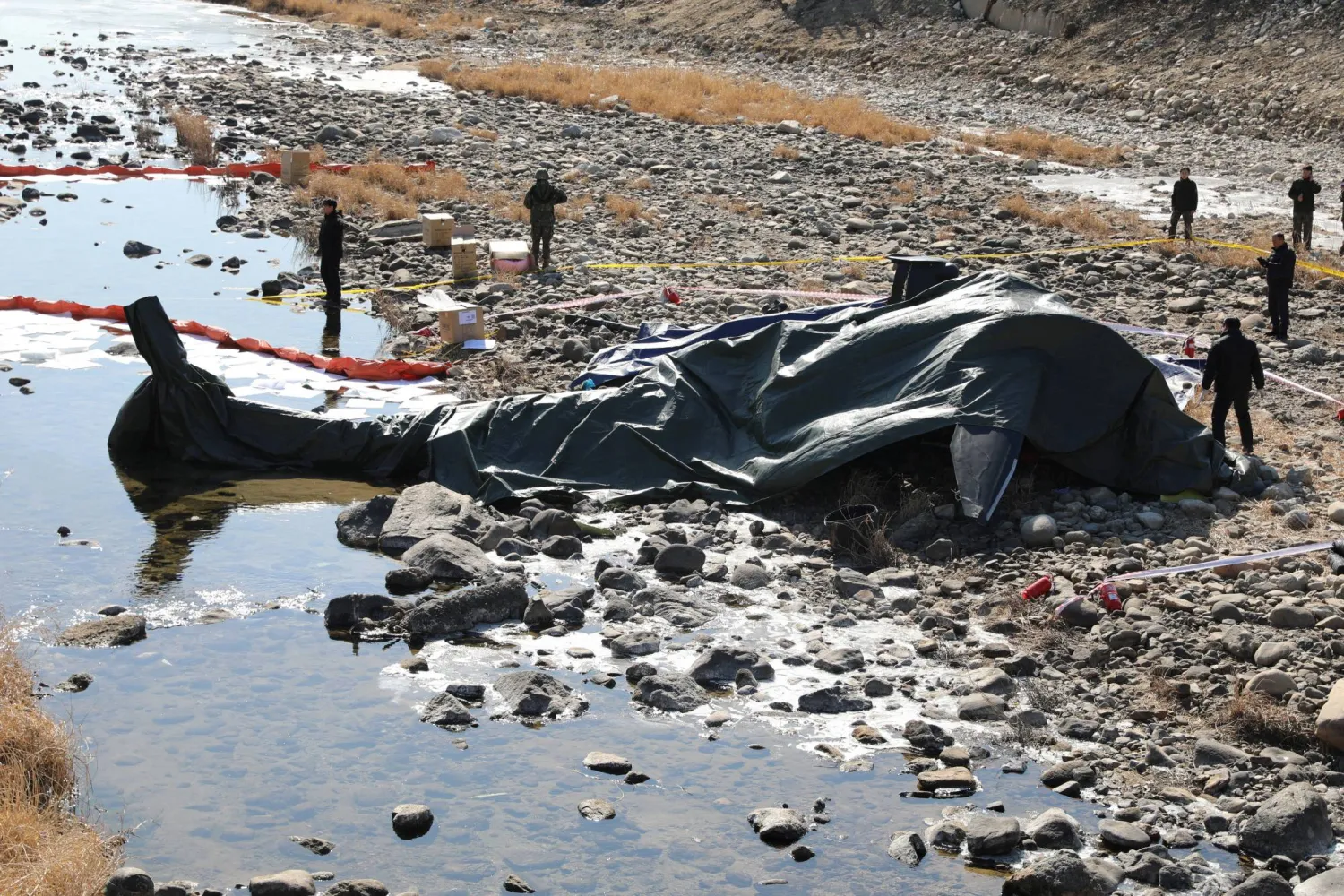Iranian Foreign Minister Hossein Amir-Abdollahian announced that Japan has proposed an initiative to revive a stalled nuclear deal struck in 2015 with Iran and six major powers, including the US.
In a statement to the Japanese news agency Kyodo, Abdollahian stated that Japan's proposal aligns with "Iran's interests" and would be viewed positively by Tehran.
He stated, "We support the constructive role of Japan in reviving the nuclear deal," accusing the US, UK, France, and Germany of having "excessive demands" that delayed the talk's progress.
The FM also attributed the delay to "interference" in Iran's domestic issues.
Upon his return from New York on Tuesday, Abdollahian had earlier informed Iran's official news agency, IRNA, that Oman's Sultan Haitham bin Tariq is attempting to revive the nuclear agreement.
However, he emphasized that Oman's proposed initiative is a means to expedite and bring all parties back to their commitments without constituting a new plan or text.
The FM was in New York to attend the UN General Assembly.
Meanwhile, Iran's Revolutionary Guard Corps (IRGC) commander, Hossein Salami, warned against trusting "enemies," stating that the enemies had flawed perceptions and miscalculations, leading to their defeat.
Salami took pride in severing diplomatic ties with the US and detaining diplomats for 444 days following the seizure of the US embassy by radical students in 1979.
Meanwhile, the US refused a request by Iran's Foreign Minister to visit Washington last week, pointing to concerns about Tehran's record, including past detentions of US citizens.
During a daily press briefing on Monday, State Department spokesperson Matthew Miller said Abdollahian sought to travel to visit Iran's consular interest section following the General Assembly.
"They did make that request, and it was denied by the State Department," Miller told reporters.
"We do have an obligation to allow Iranian officials and other officials of foreign governments to travel to New York for UN business. But we do not have an obligation to allow them to travel to Washington DC," he said.
"Given Iran's wrongful detention of US citizens, given Iran's state sponsorship of terrorism, we did not believe it was appropriate or necessary in this instance to grant that request."
Meanwhile, Iran's Foreign Ministry denied reports that Supreme Leader Ali Khamenei has given the green light for negotiators to carry out direct nuclear talks with the US.
A website affiliated with Iranian expatriate pressure groups and linked to the previous government led by Hassan Rouhani first reported the news.
The Ministry declared that the fabricated news holds no value, indicating such reports aim at political propaganda.
‘Sunset clause’
Iranian officials issued multiple statements about their readiness to engage in a new round of nuclear negotiations as the date of the "sunset clause" approaches nearing Oct. 18.
Months of diplomacy between Washington and Tehran resulted in a prisoner exchange deal that included releasing $6 billion of frozen Iranian assets.
Western media outlets reported unofficial arrangements to de-escalate tensions between both sides, which included a halt to attacks on US forces in the region, slowing Iran's uranium enrichment close to weapons-grade levels, and halting the shipment of drones to Russia.
Indirect negotiations between Washington and Tehran began in April 2021 to restore the nuclear agreement, but the talks stalled for five months during Iran's presidential elections.
Iran engaged in a new round of negotiations after Ebrahim Raisi won, but these talks broke down in March 2022, weeks after the start of the Russia-Ukraine war.
The European Union's foreign policy chief proposed a draft for concluding the talks in September last year, but his efforts were unsuccessful.
Among Tehran's persistent demands is the closure of the International Atomic Energy Agency (IAEA) investigation into two covert sites.
The UN agency continues to press Iran for credible explanations regarding these activities.
IAEA Director-General Rafael Grossi recently criticized the lack of progress in reaching an understanding with Iran regarding those sites.
The head of the Atomic Energy Organization of Iran, Mohammad Eslami, called for the swift closure of the investigation, accusing the IAEA of "politicizing" its assessment.
Eslami and Grossi later held consultations on outstanding issues between the two parties, particularly following Tehran's recent decision to revoke the permits of IAEA inspectors.
Raisi attributed the revocation to "security considerations" concerning three inspectors, denying that his country's move was an attempt to expel international inspectors.
Iran's action seemed to respond to the European countries' decision to extend sanctions on Iran's missile and drone programs, which were set to expire next month under the nuclear agreement.
On Sept. 19, the US Treasury Department imposed sanctions on entities in Iran, Russia, Türkiye, and China due to Iran's drone program.
Treasury Under Secretary of Terrorism and Financial Intelligence Brian Nelson stated that Iran's continued, deliberate proliferation of its UAVs enables Russia, Tehran’s proxies in the Middle East, and other destabilizing actors to undermine global stability.
On Monday, the Biden administration imposed new trade restrictions on 11 Chinese and five Russian companies, accusing some of supplying components to make drones for Russia's war effort in Ukraine.
In Tehran, the IRGC commander of the missile unit, Amir Ali Hajizadeh, stated that many countries are adopting Iran's approach to drones.
He added that his country has "surpassed regional powers" in drone production, according to the Tasnim News Agency.









